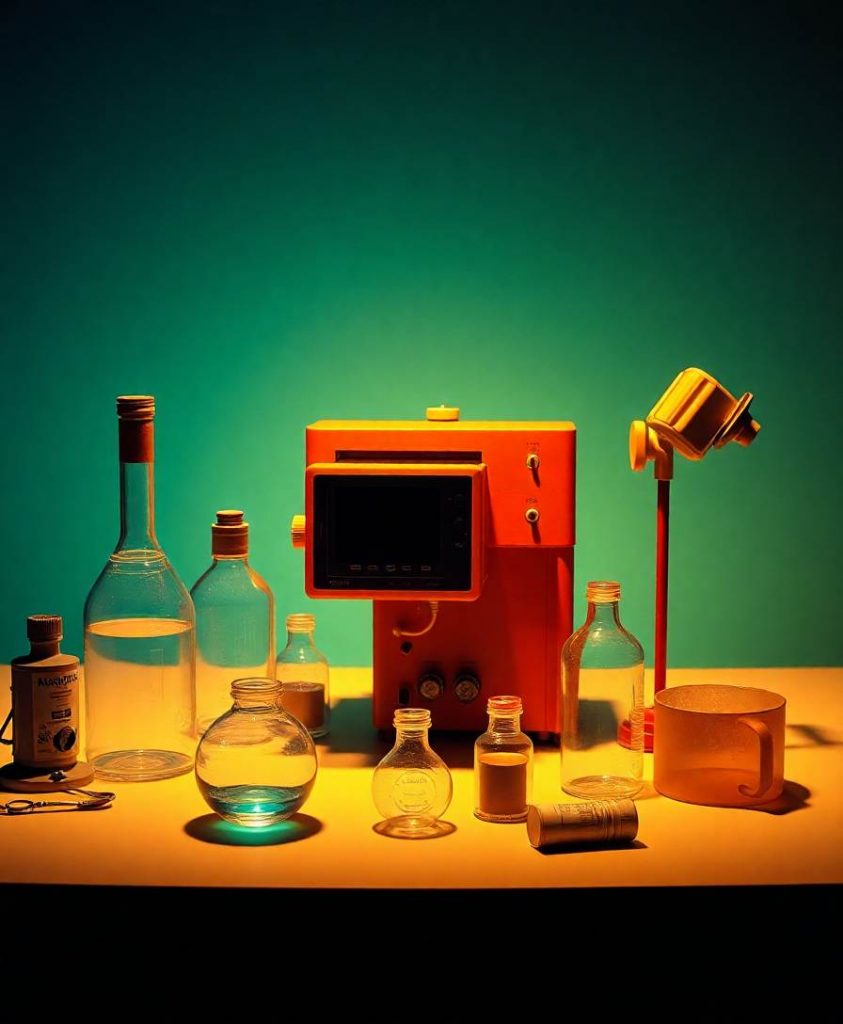Mitochondrial diseases can devastate families, presenting profound challenges that ripple across generations. By integrating genetic material from three individuals, researchers have crafted an innovative pathway around inherited genetic risks. The successful birth of eight healthy children demonstrates how carefully designed scientific interventions can offer families new possibilities for healthy futures.
The ethical considerations surrounding genetic technologies are complex and nuanced. While this technique offers extraordinary potential, it also invites deeper conversations about genetic engineering, reproductive autonomy, and our evolving understanding of human potential. These eight babies represent not merely a medical achievement, but a testament to human ingenuity—our collective ability to reimagine biological limitations and create pathways toward wellness and hope.
In a groundbreaking UK first, eight healthy babies have been born using an IVF technique that includes DNA from three people—two parents and a female donor. The process, known as pronuclear transfer, was designed to prevent the inheritance of devastating mitochondrial diseases passed down through the mother’s DNA. The early results are highly promising: all the babies are developing normally, and the disease-causing mutations are undetectable or present at levels too low to cause harm. For families once haunted by genetic risk, this science offers more than treatment—it offers transformation.



